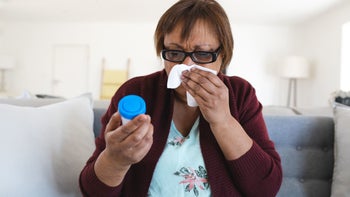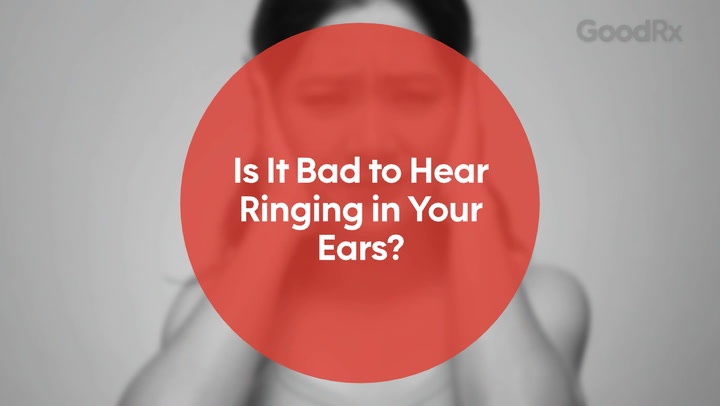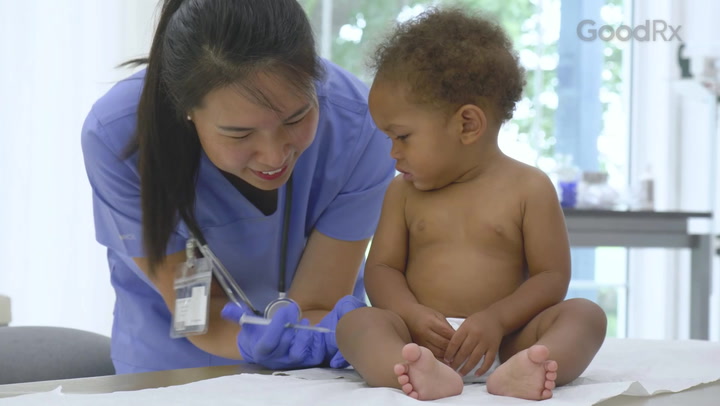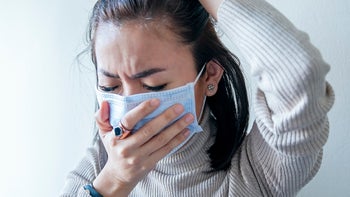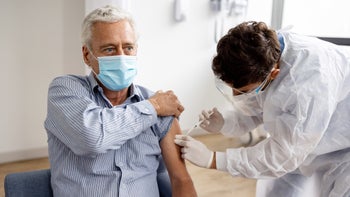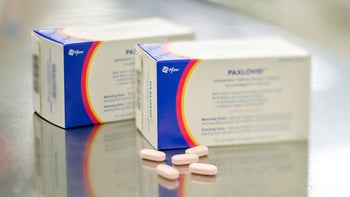
Survey Shows How the COVID-19 Pandemic Has Disrupted Americans’ Healthcare
Key takeaways:
According to a GoodRx survey of over 1,700 respondents, three out of four Americans have had to adjust their healthcare use due to the COVID-19 pandemic. These disruptions include canceling or postponing a doctor’s visit, switching to telemedicine, stockpiling prescriptions, and skipping or rationing medications.
Our analysis also finds that prescription drug shortages have impacted 11% of patients, with inhalers and the unproven COVID-19 treatment hydroxychloroquine topping the list of drugs difficult to obtain due to shortages.
As the pandemic contributes to the massive loss of jobs and accompanying health insurance, our survey finds that the majority of those who have lost their insurance are still uninsured (55%). We also find that health insurance loss due to COVID-19 has disproportionately affected low-income patients.

The COVID-19 pandemic has upended most aspects of daily life, from social distancing to the closure of public spaces, rising unemployment, and healthcare use. At the start of the COVID-19 pandemic, the Centers for Disease Control and Prevention (CDC) recommended that healthcare systems delay non-urgent or elective healthcare visits in order to reduce the spread of COVID-19. This decision ultimately changed the healthcare landscape, possibly for many years.
To look at the effect of COVID-19 on healthcare, the GoodRx Research Team surveyed a representative sample of over 1,700 Americans on their healthcare practices since the pandemic started. As it turns out, almost all aspects of the healthcare marketplace have been affected. Many respondents noted changes to their insurance coverage, interaction with physicians and pharmacies, and access to prescription medications since March.
Many forced to rethink health visits, how they fill prescriptions
Since the COVID-19 pandemic began, 70% percent of Americans surveyed have experienced at least one disruption to their planned healthcare visits. As shown in the table below, the most common disruption to healthcare visits was rescheduling an appointment (34%), followed by canceling an appointment (31%) and switching an in-person visit to a telemedicine visit (27%).
With less people seeing their doctor and more people avoiding trips to the pharmacy due to lockdown policies, prescription filling was also disrupted by COVID-19. Overall, 39% of Americans reported at least one disruption in how they obtained their prescription medication. We found that 10% of respondents filled for a larger quantity than normal,14% refilled a prescription earlier than normal, and 9% reported switching to a mail-order pharmacy to fill their prescriptions in response to COVID-19.
Overall, healthcare use for 76% of Americans surveyed was disrupted by COVID-19. Women, older patients, and patients from the suburbs most commonly reported disruptions to their healthcare provider visits. While patients from the Midwest were most likely to cancel or reschedule an appointment, patients from Western states were most likely to switch to telemedicine. Patients living in urban areas reported stockpiling prescriptions the most frequently, while patients living in the suburbs reported using a mail-order pharmacy the most frequently.
With many experiencing loss of income and health insurance due to COVID-19, we also found that people have been looking for ways to save on their medication, whether that be using a discount coupon like GoodRx (3%), rationing doses to extend a prescription (7%), or outright skipping or delaying a prescription fill (9%).
Patients from the South and patients in the lowest income group were most likely to report cost-cutting adjustments such as using prescription drug coupons, rationing medication, and skipping or delaying a prescription. Additionally, younger respondents aged 25 to 34 also most frequently reported not adhering to their prescribed regimen, by either skipping, delaying, or rationing their medication.
Some struggle to get medications due to shortages
As the pandemic strains drug supply and patients stockpile prescriptions, several drug shortages related to COVID-19 have been reported by hospitals and drug manufacturers. To get a sense of how these medication shortages may have affected patients at the pharmacy, we asked respondents if they were unable to fill a prescription due to a shortage.
We found that 11.1% of respondents who had filled a prescription since the COVID-19 pandemic began could not get their medication due to a shortage. The majority of these patients could not access a medication they take regularly.
We also asked respondents which drugs were out of stock due to shortage. With its use for both asthma and COVID-19 symptoms, the inhaler albuterol topped the list of reported shortages, with 19% of impacted patients reportedly unable to fill a prescription. Fluticasone inhalers were also in shortage for 11% of impacted respondents. In addition, 9% of impacted patients reported shortages for multiple medications, including both albuterol and fluticasone, during the pandemic.
Patients also reported shortages for the unproven COVID-19 treatments hydroxychloroquine and azithromycin. While 15% of impacted patients were unable to fill a prescription for hydroxychloroquine, the vast majority of those patients (94%) reported taking the medication regularly. Hydroxychloroquine has received recent attention in relation to COVID-19, but it is a proven treatment for the chronic conditions rheumatoid arthritis and systemic lupus erythematosus. Our analysis suggests that the surge in prescription fills for hydroxychloroquine during the early days of the pandemic disrupted the drug supply for regular users.
Majority of newly uninsured workers still don’t have coverage
The COVID-19 pandemic has also spurred furloughs, layoffs, and business shutdowns, leaving many people who previously relied on their employer for health insurance with the daunting task of figuring out how to get new insurance coverage during a public health crisis.
Our survey found that, as of April 2020, 4.1% of Americans had seen their insurance coverage change due to COVID-19. According to projections from the Urban Institute and Kaiser Family Foundation, this number has only increased since April. For those that lost their health insurance, over half (55%) were still uninsured and had not enrolled in any insurance program yet. Medicaid has been the most popular enrollment option for those impacted by COVID-19 (23%), followed by COBRA (15%) and individual plans purchased through the Affordable Care Act (ACA) (8%).
As low-income workers suffer disproportionately high job losses during the pandemic, we find that they are also disproportionately losing their health insurance. While people with household incomes under $20,000 make up less than 16% of our sample, they account for 28% of the respondents who had to change their insurance as a result of COVID-19.
Adding it all up
Within two months, the coronavirus pandemic has upended the way many Americans access, use, and pay for healthcare.
These disruptions to healthcare use, medication supply, and insurance coverage will likely have a lasting effect on patient health and the healthcare system at large. Patients who canceled or delayed care may face negative long-term health consequences. Medication shortages may cause patients to ration or skip doses, triggering avoidable health problems like hospitalization. And finally, insurance loss may exacerbate existing health inequities by pricing the most vulnerable out of healthcare.
– – –
Co-contributors: Katie Mui and Tori Marsh, MPH
Methodology
The GoodRx COVID-19 Healthcare Survey surveyed 1,733 respondents from April 24 to April 29, 2020. All analyses use nationally representative sampling weights.

